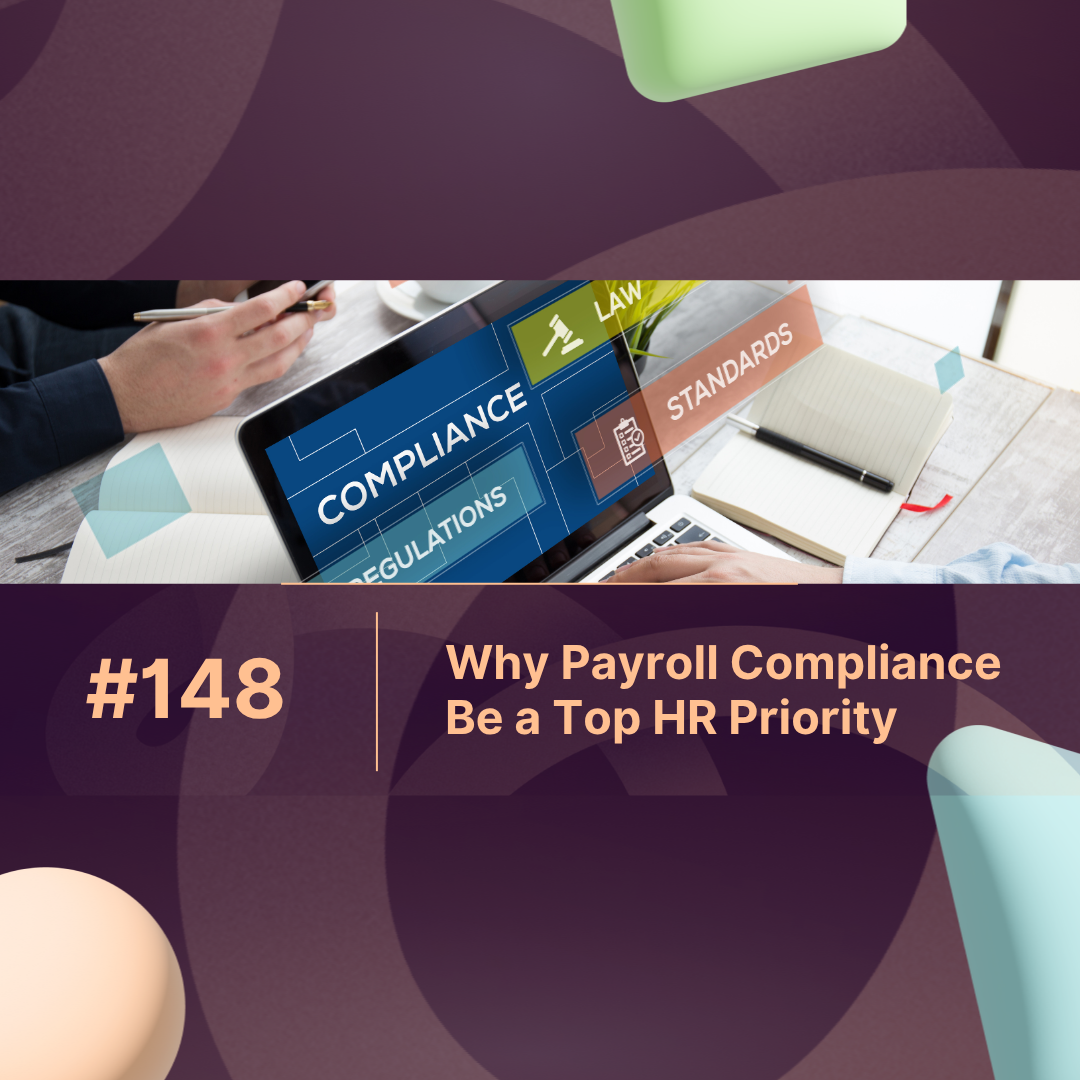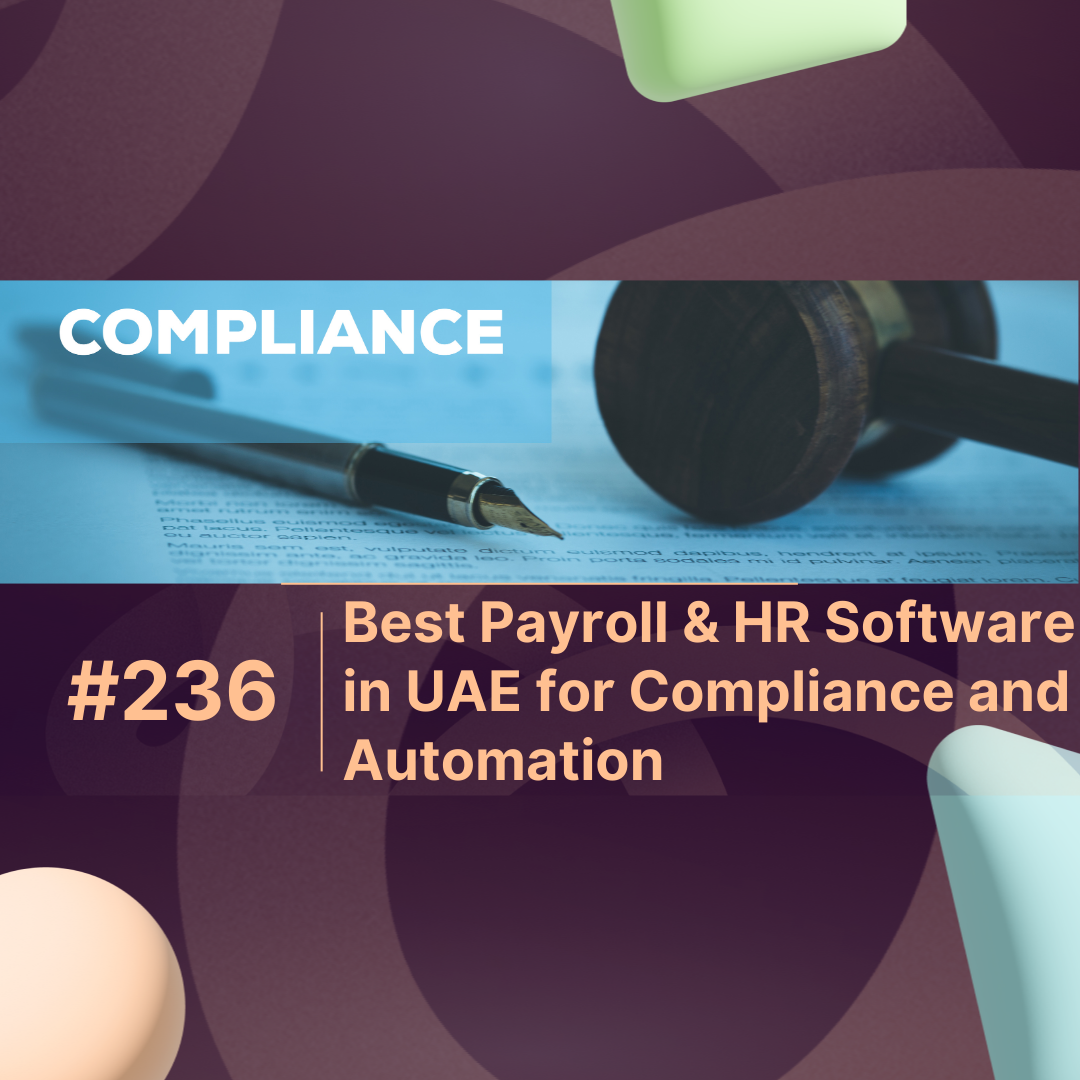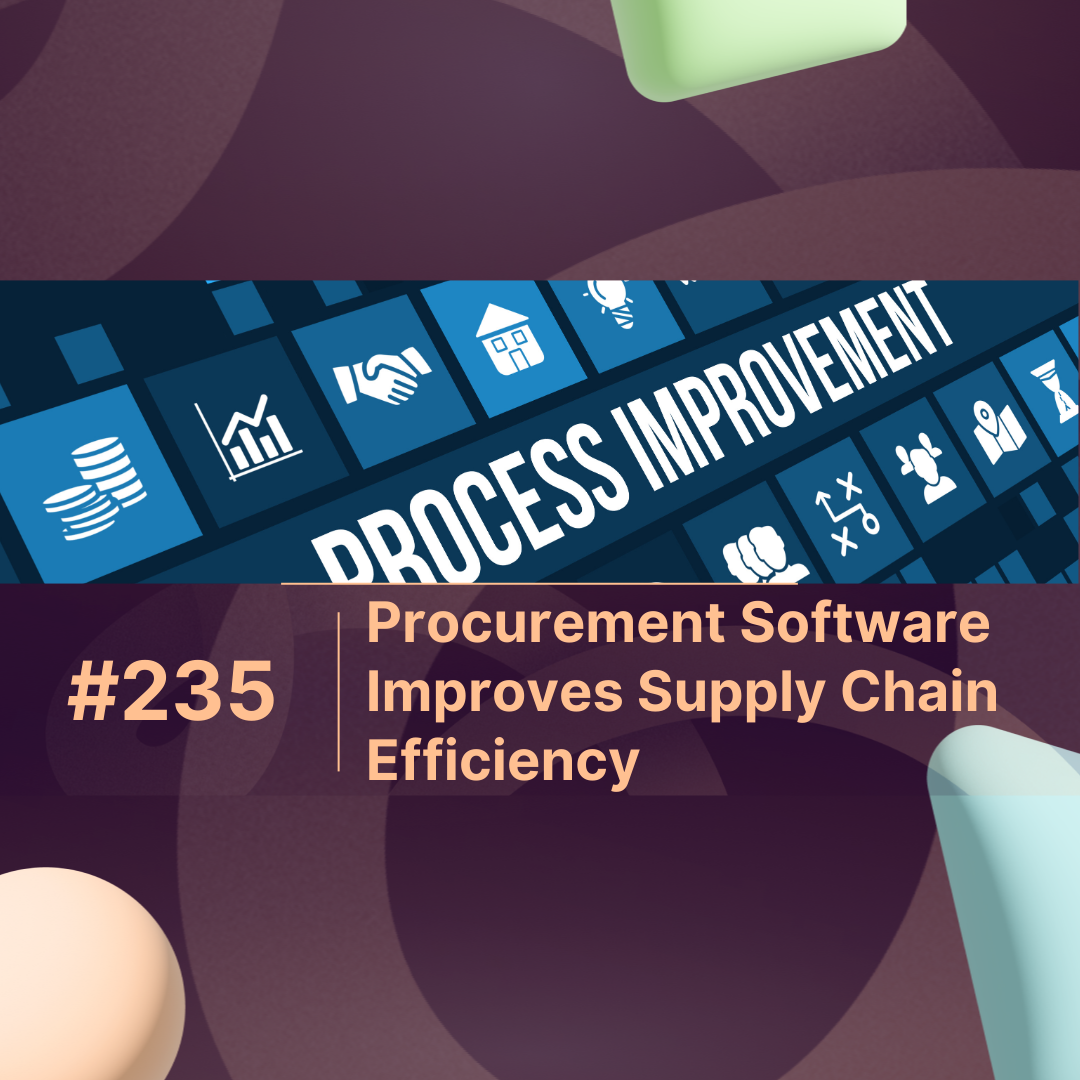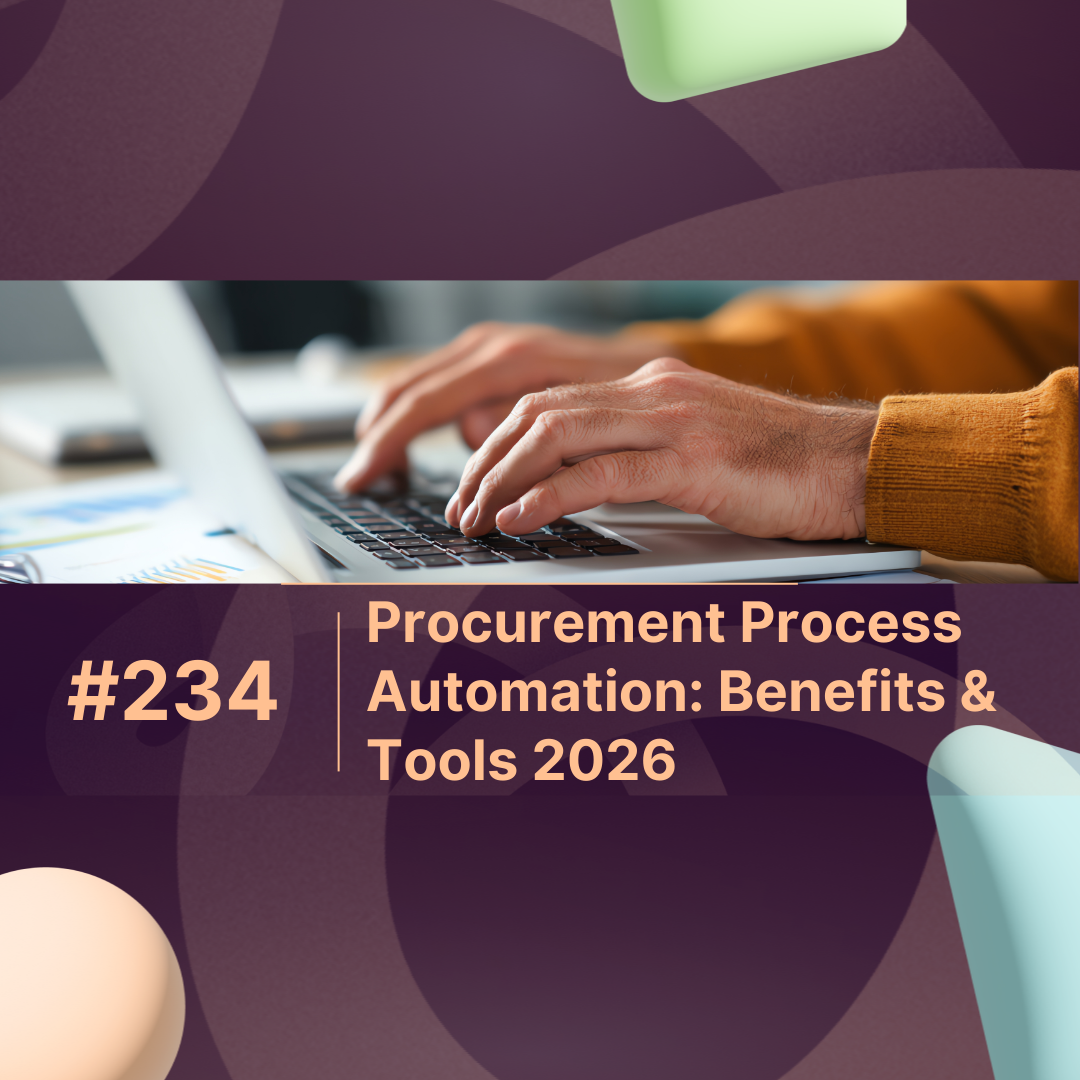Overview
Payroll compliance isn’t just an administrative function—it’s a legal obligation. In 2026, with evolving labor laws, hybrid work norms, and AI-driven audits, non-compliance can cost your business more than money. Staying compliant isn’t just safer—it’s smarter.
What is Payroll Compliance, and Why Is It Crucial in 2026?
Payroll compliance refers to adhering to all legal rules, tax regulations, and employment laws related to how a company compensates its workforce. These include wage laws, deductions, benefits, employee classification, and timely tax submissions.
Direct Answer:
In 2026, payroll compliance should be a top HR priority because global tax codes are tightening, remote work is complicating multi-state/national payroll, and AI-powered audits are accelerating enforcement. Non-compliance risks fines, lawsuits, and reputational harm.
Key Reasons Payroll Compliance Is Non-Negotiable This Year
1. Rise of Remote & Hybrid Teams
Cross-border employment introduces complex tax implications. Misclassify an employee as a contractor, and you could face heavy penalties.
2. Tighter Government Enforcement
AI-powered audits by tax agencies in the U.S., UK, and EU are flagging discrepancies in seconds. In 2024 alone, over $2.7 billion in payroll fines were issued globally (Statista).
3. Employee Trust & Retention
Late or inaccurate payments harm morale. In a recent MaxHR survey, 68% of employees said accurate, on-time pay was a top retention factor.
4. Legal & Financial Risk
Fines, lawsuits, and reputational damage can derail growth. For instance, failing to meet minimum wage or overtime regulations can lead to class-action lawsuits in states like California or New York.
Payroll Compliance Stats for 2025
| Compliance Factor | % of Companies Affected | Avg. Fine per Violation (USD) |
|---|---|---|
| Late tax filings | 36% | $4,250 |
| Employee misclassification | 28% | $8,100 |
| Benefits reporting errors | 22% | $3,600 |
| Wage/hour law violations | 19% | $6,950 |
Source: Global Payroll Compliance Report
How HR Teams Can Stay Compliant in 2026
-
Use Reliable Payroll Software:
Platforms like MaxHR help automate deductions, benefits, and tax filings in compliance with local laws. -
Stay Informed About Legal Changes:
Subscribe to updates from IRS, DOL, and local tax authorities. -
Audit Your Payroll Quarterly:
Schedule regular audits, preferably with AI-backed tools, to catch errors before the government does. -
Employee Classification Checks:
Use clear definitions for full-time, part-time, freelance, or contractor roles to avoid misclassification. -
Document Everything:
Maintain detailed payroll records for at least 4–7 years depending on jurisdiction.
The Role of Payroll Tools Like MaxHR
While traditional systems may still rely on manual inputs, modern payroll platforms like MaxHR offer automated compliance checks, real-time tax updates, and centralized audit logs all tailored for a remote-first workforce. They’re not just payroll tools—they’re risk shields.
Final Thoughts: Be Proactive, Not Reactive
Ignoring payroll compliance isn’t an oversight—it’s a liability. With increasing AI enforcement, public scrutiny, and worker expectations, HR teams must elevate payroll from a back-office task to a boardroom priority.
If your business has employees across multiple states or countries, 2026 is not the year to “wait and see.” Ensure your HR tech stack—especially your payroll solution—is built for compliance, not just convenience.
FAQs
What are the penalties for non-compliance?
Penalties can range from $500 to over $10,000 per violation, depending on jurisdiction and severity.
Is payroll compliance different for remote workers?
Yes. Employers must withhold taxes according to the worker’s location, not just the company HQ.
What’s the best way to stay updated?
Follow IRS and DOL bulletins, and use payroll tools that auto-update with regulation changes.
Can AI detect compliance violations?
Yes. Agencies now use AI to spot payroll fraud, tax evasion, and classification errors instantly.
How often should I audit my payroll?
Quarterly audits are recommended, but high-growth or global companies should consider monthly reviews.



